


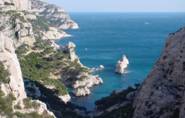

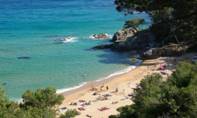







Workshop on:
SELF-ORIENTATION Models for Complex SystemsChairs: Dr Laurent Chaudron (ONERA), Dr Jean Erceau (Cognitive Guild)
Important Dates:
Deadline: October 15, 2012
Results: November 15, 2012Organizing Committee: Laurent CHAUDRON, Jean ERCEAU, Philippe JOURNEAU , Gaëlle LEHOUCQ, Grégory SAVIDAND.
Issue:
The purpose of the conference is to address immediately to a central issue for any cognitive entity: How to organize the orientation of actions, goals and plans?
Thus, how a research (laboratory, department, center, institute ..) defines its own annual work program or multi? This issue contains a universal issue: dictating where and what to look for? and why, how and with whom ...
The exercise is usually manifested by a document type "scientific program" that often suffers is reduced to the simple superposition of a part of a catalog of accomplishments already acquired and secondly, a little wish list structured. However, the structure seems to share the knowledge of its actors, the more able to define itself as elements of its orientation. We are talking about many self-orientation of a group that will be the key issue of this "Call for papers".
At least four dimensions to combine: both are intrinsic: - motivation and expertise of the researchers themselves - the themes that emerged from competition between researchers (assessment, conferences, debates ...), two are extrinsic - the hierarchy which is subject structure (management, supervision, ...) that may be required to impose a priori guidance, the potential risk of a contradiction to the objectives of the research that experimental confirmation should be a posteriori criterion validity, - society, ethics, values that give general trends. These four dimensions are highly interdependent: the hierarchy will be based on such evaluation results, the researcher will be hosted by such ethical dimension of his work ...
The issue of self-direction is currently in the literature mainly confined to the field of psychology of the individual, or it calls any other organized structure, an association, a company, a state, a company, a town, a band ... because all organizations are faced with the question of giving meaning to the goals they set for their actions and the rationale for these decisions.The mechanical orientation by the entity itself therefore requires a rationalization work that needs to draw in all disciplines and all types of data. The purpose of this conference is to contribute to this process.
Expected :
The term "self-orientation" defines itself the focal point of this conference, paper proposals will have to be contributions that will address one or more of the scientific aspects: - experimental (test results, corpus analyzed, ..), - conceptual (descriptive models, ontologies ..) - formal (mathematical models, analytical or algebraic foundations ...) - methodology (algorithms, recipes, ways ...)
All disciplines are invited: artificial intelligence, cognitive science, epistemology, linguistics, psychology, mathematics, physics, history, sociology, anthropology, éthologies, life sciences, knowledge management, ...Submission:
The authors propose an ABSTRACT of at most 3 pages in pdf
(preferably according to the model of latex: class "article", 12pt, one column, bibliography numbers. The authors unfamiliar with tex documents, may propose a text type word (12 times) without any layout, the figures being attached and referenced in the document.)
The articles will be reviewed by two or three reviewers.
Only electronic submission at: self.orientation@gmail.com
The proceedings will be published in the CCCA'12 proceedings.Scientific Committee:
Philippe Benhamou, Paul BOURGINE, Laurent CHAUDRON, Alain D'IRIBANE, Claude Debru, Jean Erceau, Jean-Louis ERMINE, François FORT, Jean Gabriel GANASCIA, Philippe JOURNEAU, Adeline NAZARENKO, Edith Perrier, Jean Sallantin.
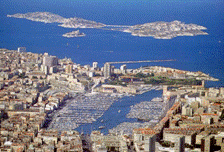
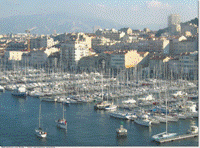
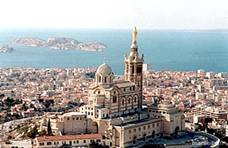
Marseilles, France - September 12-14, 2012